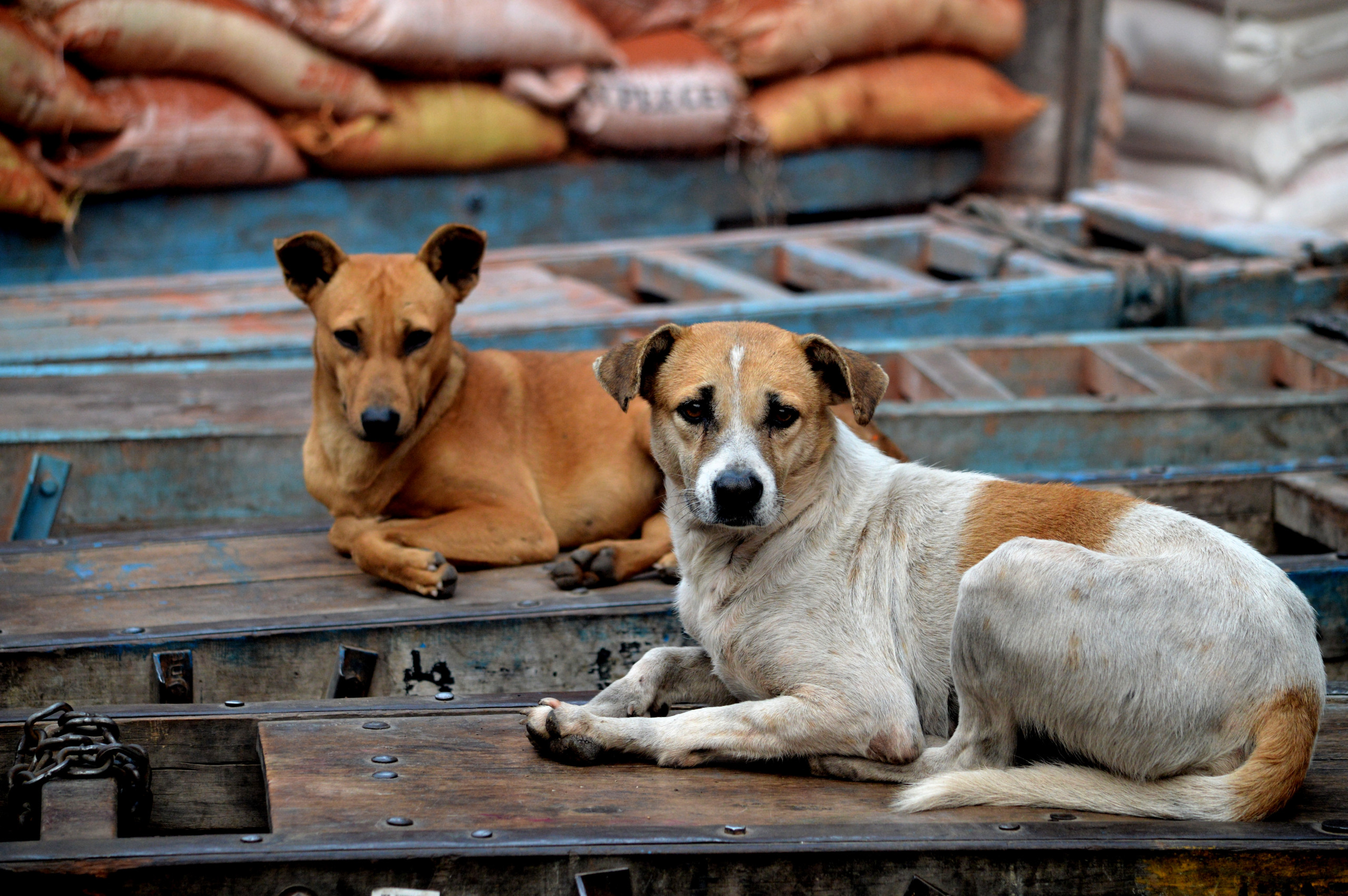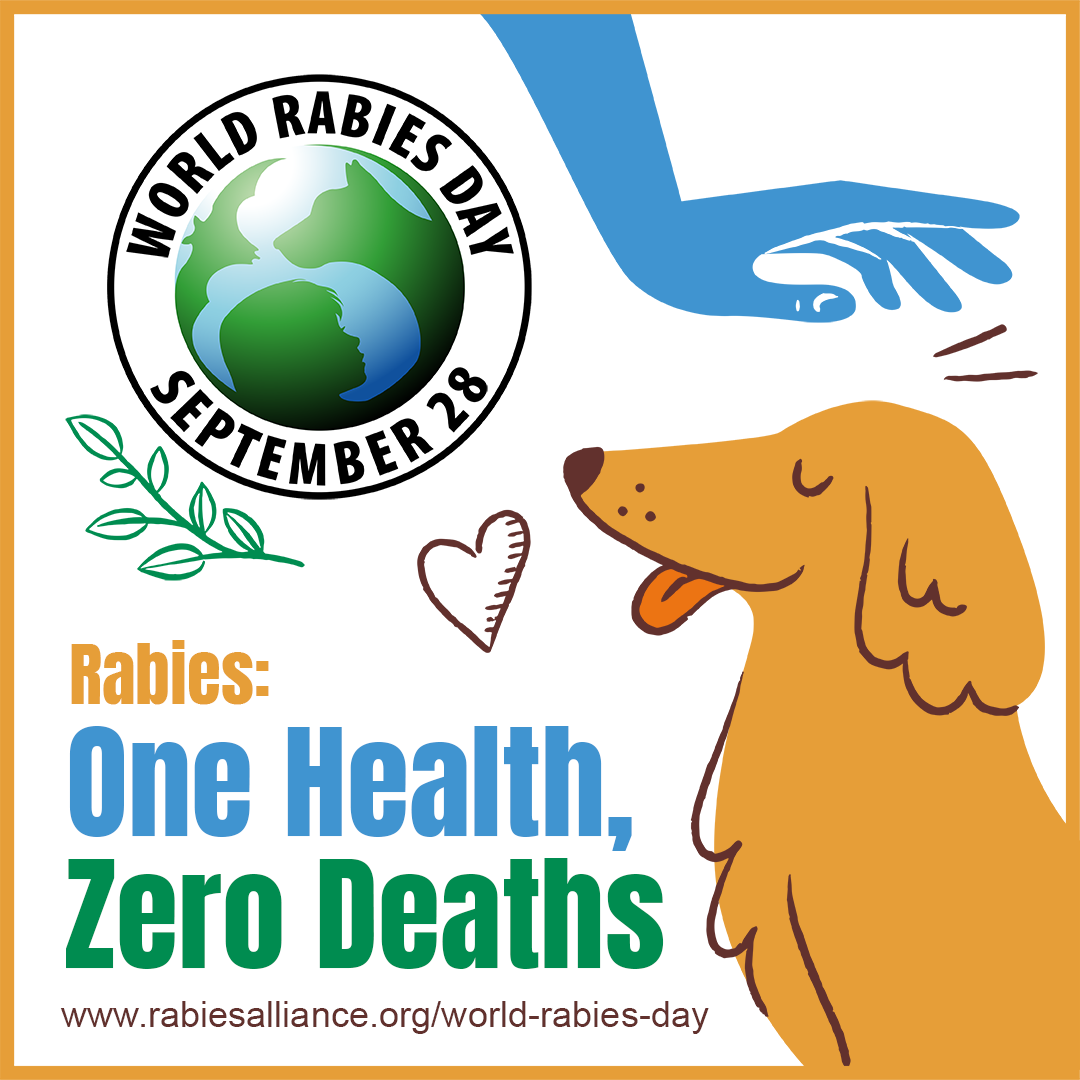
The National Animal and Plant Health Laboratory (NAPHL) in Asmara. Picture (c) P. Bastiaensen (oie) 2019
The World Organisation for Animal Health (WOAH, founded as OIE) together with its reference laboratory for rabies, Onderstepoort Veterinary Research Institute (OVR) based in Pretoria, South Africa, is supporting Eritrea through a new programme to enhance its diagnostic capacity for rabies cases in the human and the dog populations. This comes after the implementation of a programme on dog-population census methodologies in the country.
Rabies is a highly fatal, yet vaccine preventable zoonotic disease that is endemic in most African countries. In humans, rabies is almost entirely (99%) caused by bites of infected dogs. While dog-transmitted rabies has been eliminated in most developed countries, the burden of rabies is still high in poor rural populations in Africa and other regions.
Rabies continues to be neglected due to numerous societal and human factors, such as lack of surveillance, misinformation and poor awareness, that lead to under-reporting animal cases of the disease. The deaths attributable to rabies are completely preventable through the vaccination of the main reservoir – dogs.
World Rabies Day 2022
Rabies continues to be neglected due to numerous societal and human factors, such as lack of surveillance, misinformation and poor awareness, that lead to under-reporting animal cases of the disease. The deaths attributable to rabies are completely preventable through the vaccination of the main reservoir – dogs.
In 2020, Eritrea’s population was estimated at nearly 3.65 million people with a strong growth rate partly because of steadily increasing life expectancies in recent years. In addition to human health, the livestock industry could be particularly impacted by rabies as high losses of animals can be expected because of the disease. This consequently could pose a challenge to food security. The project aims to achieve the elimination of dog-mediated rabies in Eritrea using a One Health approach. In collaboration with our ‘United Against Rabies’ (UAR) partners, this project will offer a wide range of services to facilitate rabies control and elimination at national level.
To commemorate this World Rabies Day, celebrated on 28 September under the theme One Health, Zero Deaths, we highlight the progress made in Eritrea and larger Africa region to control this fatal disease. Through strategic collaborations with our Tripartite partners (WHO and FAO), as well as in partnership with the Global Alliance for Rabies Control (GARC), a Global Strategic Plan to end human deaths by dog-mediated rabies by 2030 was developed and established a the ‘United Against Rabies’ (UAR) Forum to provide an enabling environment that promotes multisectoral collaboration to achieve the zero by 30 goal.
More information



